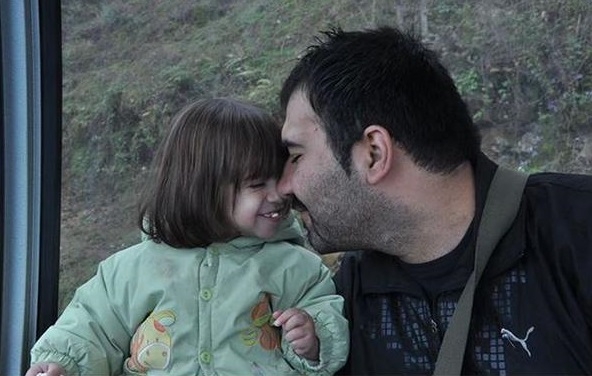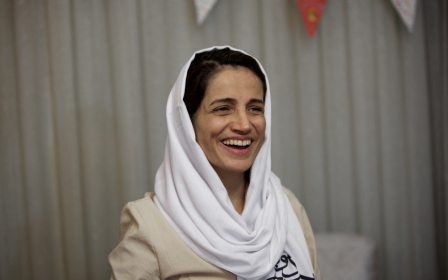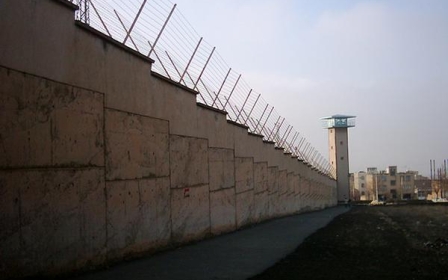Iran urged to drop death sentence over Facebook post

Iran was urged by human rights groups on Tuesday to drop the death sentence given to a man convicted of insulting Prophet Mohammed and holy Shiite Imams in several Facebook posts.
Soheil Arabi was found guilty in August and the decision was upheld by Iran's Supreme Court last month.
The 30-year-old is said to have insulted the prophet and the 12 holy Imams of Shiite Islam - both punishable by death in Iran.
Judge Khorasani announced the verdict in branch 75 of Tehran's Criminal Court on 30 August, reported the International Business Times.
The judges reportedly issued the death sentence without paying any heed to Arabi's statements in the court where he insisted that he had posted the comments online under poor [psychological] conditions and is remorseful.
New York-based Human Rights Watch in a statement condemned the judgment, saying Iran should "urgently revise its penal code to eliminate provisions that criminalise peaceful free expression".
"It is simply shocking that anyone should face the gallows simply because of Internet postings that are deemed to be crude, offensive or insulting," said Eric Goldstein, the group's Middle East director.
Arabi's lawyer told Human Rights Watch that the court did not accept that he had not written many of the Facebook posts and that he was merely sharing other people's views on the popular social network.
In a separate statement, the World Coalition Against the Death Penalty denounced Arabi's imminent execution as "a clear violation" of Iran's obligations under the international covenant on civil and political rights.
Iran's judiciary spokesman on Monday said Arabi by his actions was convicted of a second charge of "sowing corruption on earth", a crime that carries no possibility of a pardon in Iran.
Human rights and civil liberties in Iran have been under the spotlight for several years.
In New York at this year's opening of the UN General Assembly Iranian president Hassan Rouhani denied that human rights were worsening in Iran and said he remained committed to his pledges
In September, 37-year-old Mohsen Amir-Aslani, was executed in Iran after being found guilty of heresy and insulting prophet Jonah, reported the Guardian.
Amir-Aslani had been arrested nine years ago for his activities which the authorities deemed as heretical. He was engaged in psychotherapy but also led sessions reading and reciting the Quran and providing his own interpretations of the Islamic holy book.
While he was charged for making “innovations in the religion” and “spreading corruption on earth”, but human rights activists said he was a prisoner of conscience who was put to death because of his religious beliefs.
In October, award-winning Iranian human rights lawyer Nasrin Sotoudeh was barred from practising for three years.
Sotoudeh was released from jail last year when halfway through a six-year sentence for "actions against national security and committing propaganda against the regime".
"This ruling opens the way for the disqualification of other lawyers in the future," she added.
Sotoudeh was among the few Iranian lawyers to take on high-profile rights and political cases, including juveniles facing the death penalty, before her arrest in 2010.
Iran is one of the world's biggest users of the death penalty. Last month the United Nations condemned a surge in the country's use of capital punishment, citing at least 850 executions in the past 15 months.
Middle East Eye propose une couverture et une analyse indépendantes et incomparables du Moyen-Orient, de l’Afrique du Nord et d’autres régions du monde. Pour en savoir plus sur la reprise de ce contenu et les frais qui s’appliquent, veuillez remplir ce formulaire [en anglais]. Pour en savoir plus sur MEE, cliquez ici [en anglais].




